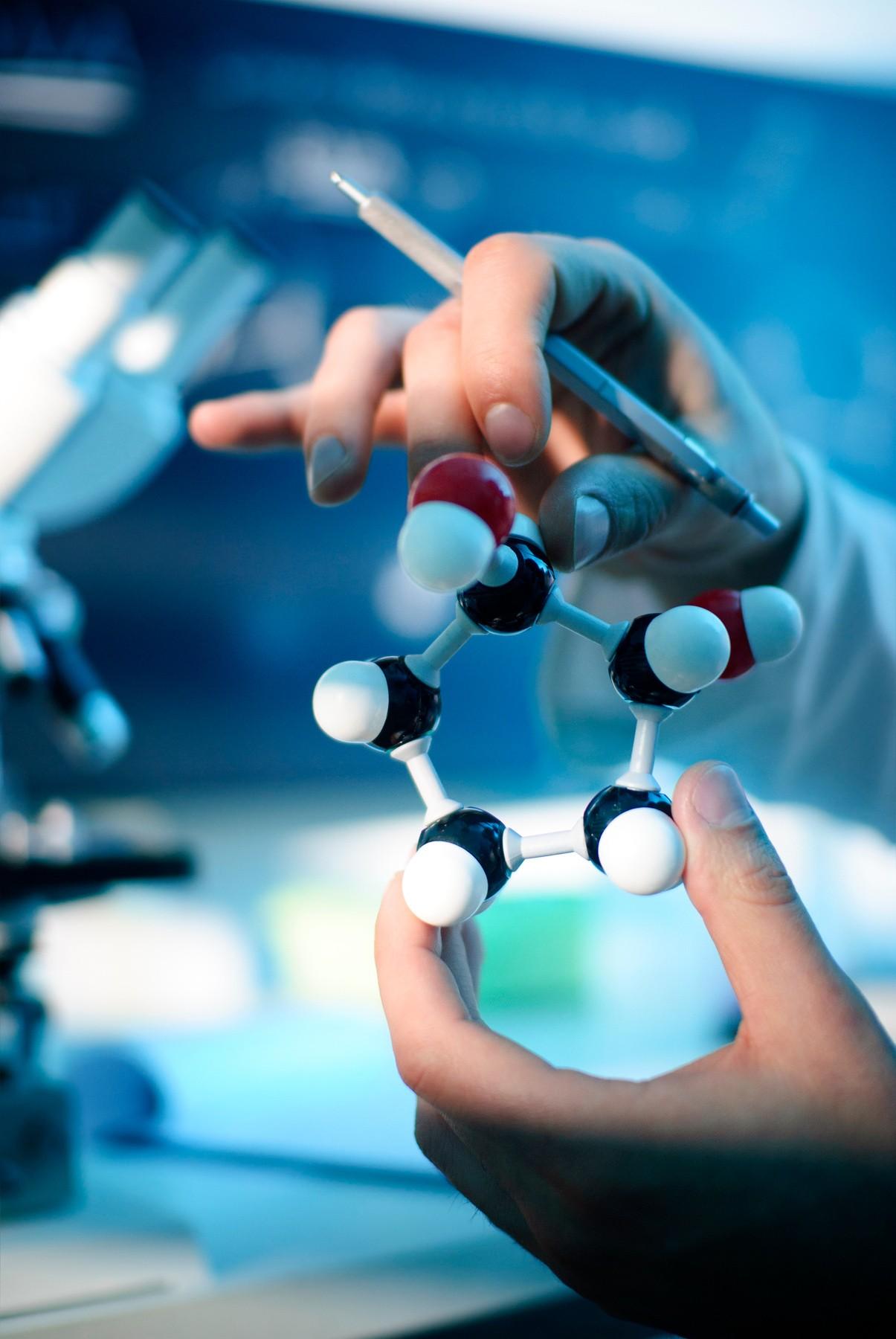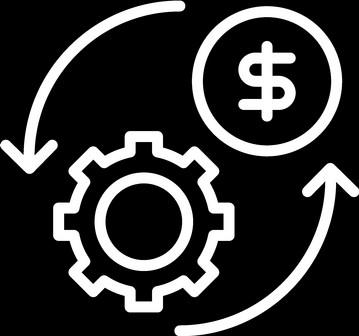
















Acrylic rubber (ACM) is a specialty elastomer known for its exceptional resistance to heat, oils, and oxidation. These synthetic rubbers are copolymerized from acrylate monomers, featuring a saturated carbon main chain and polar ester side groups. Their unique molecular structure provides outstanding performance in demanding applications, particularly in automotive components exposed to high temperatures and lubricants.


1.1 BILLION
The market growth is primarily driven by expanding automotive production, particularly in AsiaPacific regions, where heat-resistant rubber components are in high demand.








The automotive sector accounts for over 75% of global acrylic rubber consumption, making it the primary growth driver. With vehicle production expected to reach 100 million units annually by 2025, manufacturers increasingly require highperformance sealing solutions that can withstand extreme temperatures and oil exposure. Acrylic rubber's superior resistance to hot oils and oxidation makes it indispensable for critical automotive components like transmission seals, hoses, and gaskets.




The rapid electrification of transportation presents significant growth potential for acrylic rubber. Battery electric vehicles (BEVs) require novel sealing solutions that can withstand coolerants, dielectric fluids, and thermal cycling stresses. Early adoption in battery pack gaskets and charging connector seals demonstrates the material's suitability for next-generation mobility applications.


Environmental concerns are pushing manufacturers to develop sustainable acrylic rubber variants with reduced carbon footprints. While traditional production remains dominant, bio-based acrylic rubber is gaining traction, especially in European markets where green initiatives are strongly enforced. The development of recyclable formulations and reduced VOC emissions during production are becoming key differentiators among major suppliers.


The North American acrylic rubber market is driven by advanced automotive manufacturing and strict regulatory standards for heatresistant materials. With major automotive OEMs like General Motors and Ford accelerating electric vehicle production by 2030, demand for specialty rubber components in battery insulation and hoses is projected to grow at 9.2% CAGR.
European manufacturers face unique challenges due to REACH regulations limiting certain chemical formulations. The region leads in epoxy acrylate rubber adoption, particularly in Germany's automotive sector where it comprises 42% of all specialty rubber applications. BASF's recent €200 million investment in bio-based ACM alternatives signals a strategic shift toward sustainable materials.




• ZEON Corporation (Japan)
• NOK Corporation (Japan)
• Haiba Group (China)
• Jiujiang Shilong (China)
• Qinglong Chemical (China)
The competitive environment is entering a transitional phase as manufacturers respond to evolving industry requirements.
DOWNLOAD FREE SAMPLE PDF BROCHURE


Founded in 2015, 24chemicalresearch is a trusted name in global chemical industry intelligence. We specialize in delivering high-quality market research reports, empowering over 30+ Fortune 500 clients with data-driven insights for strategic growth. Our team of experienced analysts delivers customized, reliable, and timely research backed by a rigorous methodology. From mining regulatory trends to forecasting market opportunities, our reports help companies navigate industry challenges, stay competitive, and grow confidently.
As a one-stop platform for the chemical sector, we offer:
• Deep specialization in chemical market analysis
• Customized reports tailored to your needs
• A robust portal with free samples, consulting, and competitive insights














